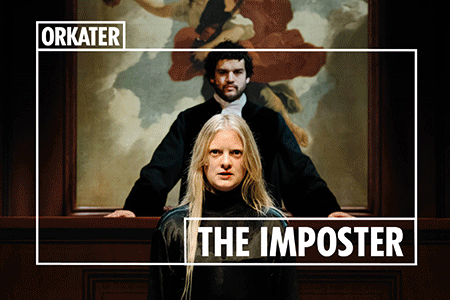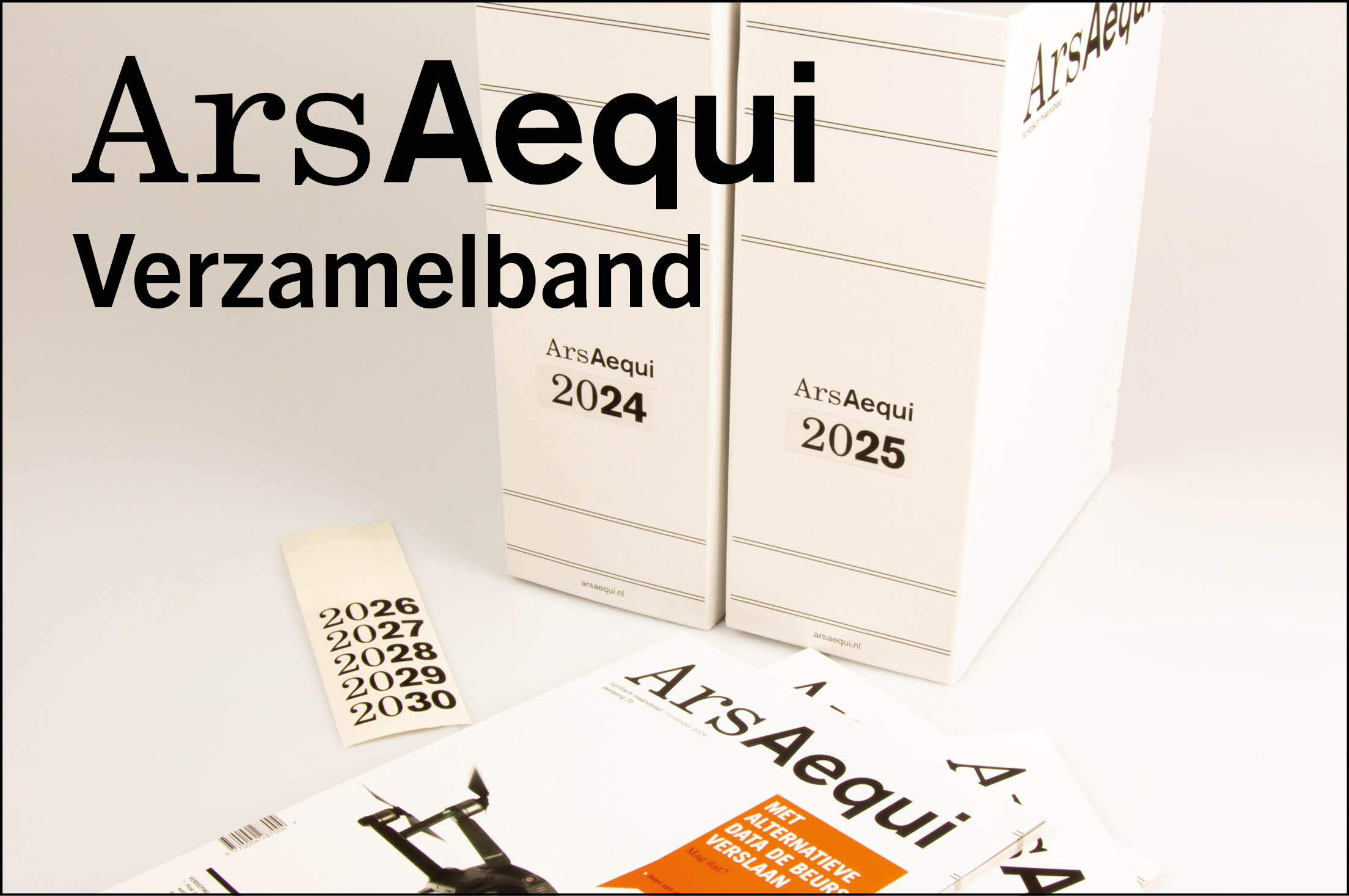Recently I read about the case of the organization One of Us against the European Commission regarding European Citizens’ Initiative (ECI). In this case, One of Us stresses the democratic value of the ECI is under pressure. And this case does not stand on its on.
In 2014 One of Us submitted its initiative to the Commission. The Commission however refused to submit it to the European Parliament (EP) and One of Us felt this decisions was politically motivated. After I dug a bit deeper in the subject of the ECI, I found that the case of One of Us does not stand alone. Below I will sketch a brief overview of the current situation of the ECI.
Alleviating the democratic deficit
But first let us take a short look at the ECI itself. The ECI was established in 2012 to alleviate the democratic deficit within the European Union (EU). With the initiative the citizens of the EU would be able to influence the decision making process of the EU. Or, in the words of the Preamble of the ECI-Regulation[1] to be able to “further the democratic functioning” of the EU.
With the ECI the petitioners ask the European Commission to propose legislation to the EP or the European Council. Yet, this can only be about topics in which the Commission is allowed to propose legislation. The petition must be backed by at least one million EU signatures, coming from at least seven EU-member states. Also, a minimum in each of these seven countries is required.
When the one million threshold is reached, the Commission must examine the initiative carefully and respond with a Communication within three months, explaining whether it will take action and the reasons for doing so or not.[2] If the Commission submits the proposal to the European Parliament and the Council, the normal legislation process will be followed.
Politically motivated
So far, there have been three successful petitions, meaning they managed to get the one million signatures.[3] Yet, none of these initiatives has been submitted to the Parliament by the Commission. This have raised questions about the democratic value of the instrument, particularly with the organizers of the petitions.
So, One of Us took it to the European Court of Justice (ECJ), because they felt the refusal of the Commission was politically motivated. President of the One of Us Citizen’s Committee, Dr. Gregor Puppinck said this case “...is about protecting the ECI from bureaucratic discrimination where the voices and tireless effort of European citizens to introduce legislation that matters to them is not thwarted because the Commission finds the subject matter of the proposal politically inconvenient.”[4]
Another organization that took their case regarding the ECI to the European Court, is STOP TTIP. However, this case is about the registration of the initiative. STOP TTIP was not even allowed to register its petition in the first place. The organizers opposed to the TTIP and the CETA , and aimed to “invite the European Commission to recommend to the Council to repeal the negotiating mandate for the Transatlantic Trade and Investment Partnership (TTIP) and not to conclude the Comprehensive Economic and Trade Agreement (CETA)”.[5]
The Commission responded that “proposed citizens’ initiative falls outside the framework of the Commission’s powers to submit a proposal for a legal act”.[6] The STOP TTIP organizers thought as well the decision was politically motivated and took the case to the European court.[7] In the meantime the organization started their own initiative and says it collected more than three million signatures so far and reached the country quorum in 23 Member States.[8]
Is the democratic value of the ECI at stake? We will have to await the judgement of the court – which I eagerly look out to. If you have any ideas on the topic, let me know in the comments below.
Footnotes
[1] Regulation (EU) No. 211/2011 of the European Parliament and of the Council of 16 February 2011 on the citizens’ initiative
[2] Within those three months the Commission must also have had a meeting with the organizers of the petition. They latter also have had a chance to present their case in the European Parliament at a public hearing.
[3] These were Water and Sanitation are a Human Right” (“Right2Water”) with 1,659,543 signatures, which wanted to secure water supply as a public service and to preclude its privatization, One of Us, with1,721,626 signatures, wich wanted to protect human embryo’s and a prohibition on and end of funding of human embryonic stem cell research and of organisations promoting abortion. The third one was Stop Vivisection, with 1,173,130 certified signatures that wanted to abolish animal experimentation in scientific research.
[4] https://oneofus.eu/2017/05/court-of-justice-to-hear-one-of-us-application/
[5] http://blogs.lse.ac.uk/europpblog/2017/04/07/european-citizens-initiative-five-years-old/
[6] Communication, European Commission, 10 september 2014
[7] https://stop-ttip.org/about-stop-ttip/?noredirect=en_GB
[8] https://stop-ttip.org/about-stop-ttip/?noredirect=en_GB




